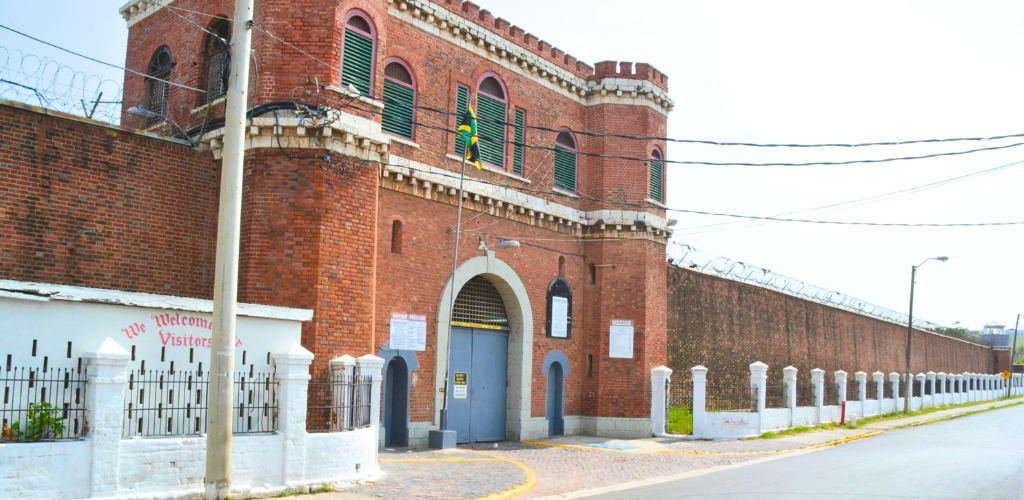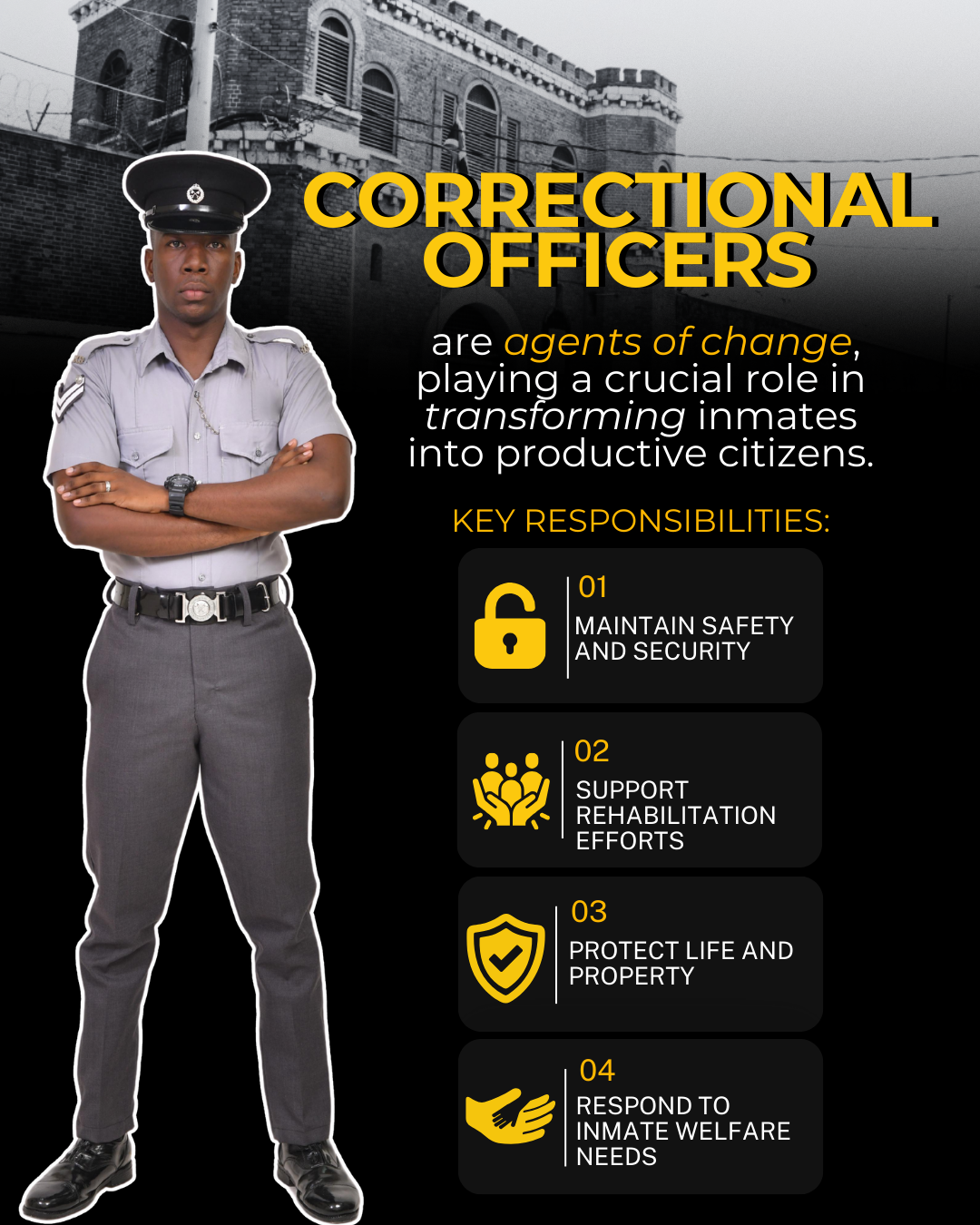

The Department of Correctional Services (DCS) Jamaica was formed in 1975 through the amalgamation of three autonomous entities: the Prison Services, Probation Services, and Approved Schools for child offenders.
The Prison Services is the oldest of the three, originating in response to the rise in crime following Emancipation. Facilities such as the St. Catherine District Adult Correctional Centre and Tower Street Adult Correctional Centre were formerly slave holding areas, later repurposed as penal institutions.
Approved Schools were established from the recognition that child offenders needed rehabilitation in environments separate from adults. Before coming under the DCS, these institutions were managed by the Salvation Army and other Friendly Societies, offering skills and life training to support rehabilitation.
The Department operates 10 correctional and remand centres across five parishes, comprising:
7 adult institutions
3 juvenile facilities
1 transitional hostel: the Howard Pre-release Hostel
The Custodial Services Division—one of five divisions within the DCS—ensures a safe and secure environment to support the rehabilitation of convicted offenders. The division follows local legislation, Standard Operating Procedures, and international best practices.
Approximately 4,000 inmates and wards are housed across DCS institutions for offences ranging from murder and robbery to fraud and traffic violations.
The division promotes:
Safety for inmates, staff, and visitors
Respect between officers and inmates
Purposeful activities to support development
Preparation for reintegration into society
The Custodial Division is headed by the Deputy Commissioner of Correctional Services, who oversees all correctional institutions and the pre-release hostel.
Correctional Officers are agents of change, playing a crucial role in transforming inmates into productive citizens.
Maintaining safety and security
Supporting rehabilitation efforts
Protecting life and property
Responding to inmate welfare needs
Superintendent ‘A’
Superintendent ‘B’
Assistant Superintendent
Overseer
Staff Officer
Corporal
Correctional Officer
👉 Become a Correctional Officer: [Click Here to Apply]
Once a slave trading post, this facility became a prison in 1845. It housed both genders until 1975. It remains one of two male reception centres.
Established in 1655, this was originally a slave holding area. It became Jamaica’s execution facility in 1898, with the last execution occurring in 1988.
Opened in 1977 in partnership with the United Church of Jamaica and the Cayman Islands, this facility houses male offenders aged 55 and older.
Originally opened in 1974 to address gun-related crimes. The facility became a female prison in 2013 after the closure of Fort Augusta.
A low-security agricultural facility in St. Mary, commissioned in 1944 on the site of a former sugar estate.
Established in 1949 as part of the St. Catherine District Prison and gaining autonomy in 1972, Tamarind Farm also focuses on agricultural rehabilitation.
Commissioned in 2001, this is Jamaica’s only maximum-security remand facility. In 2005, its mandate expanded to house high-risk sentenced inmates.
Metcalfe Street Secure Juvenile Remand Centre (Boys) – Kingston
South Camp Juvenile Remand and Correctional Centre (Girls) – Kingston
Rio Cobre Juvenile Correctional Centre (Boys) – Tredegar Park, Spanish Town
